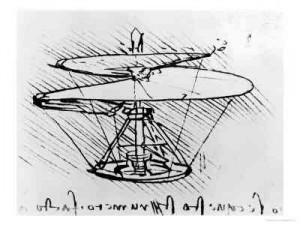 Carl Schulman and Nick Bostrom argue about anthropic principles in “How Hard is Artificial Intelligence? Evolutionary Arguments and Selection Effects” (Journal of Consciousness Studies, 2012, 19:7-8), focusing on specific models for how the assumption of human-level intelligence should be easy to automate are built upon a foundation of assumptions of what easy means because of observational bias (we assume we are intelligent, so the observation of intelligence seems likely).
Carl Schulman and Nick Bostrom argue about anthropic principles in “How Hard is Artificial Intelligence? Evolutionary Arguments and Selection Effects” (Journal of Consciousness Studies, 2012, 19:7-8), focusing on specific models for how the assumption of human-level intelligence should be easy to automate are built upon a foundation of assumptions of what easy means because of observational bias (we assume we are intelligent, so the observation of intelligence seems likely).
Yet the analysis of this presumption is blocked by a prior consideration: given that we are intelligent, we should be able to achieve artificial, simulated intelligence. If this is not, in fact, true, then the utility of determining whether the assumption of our own intelligence being highly probable is warranted becomes irrelevant because we may not be able to demonstrate that artificial intelligence is achievable anyway. About this, the authors are dismissive concerning any requirement for simulating the environment that is a prerequisite for organismal and species optimization against that environment:
In the limiting case, if complete microphysical accuracy were insisted upon, the computational requirements would balloon to utterly infeasible proportions. However, such extreme pessimism seems unlikely to be well founded; it seems unlikely that the best environment for evolving intelligence is one that mimics nature as closely as possible. It is, on the contrary, plausible that it would be more efficient to use an artificial selection environment, one quite unlike that of our ancestors, an environment specifically designed to promote adaptations that increase the type of intelligence we are seeking to evolve (say, abstract reasoning and general problem-solving skills as opposed to maximally fast instinctual reactions or a highly optimized visual system).
Why is this “unlikely”? The argument is that there are classes of mental function that can be compartmentalized away from the broader, known evolutionary provocateurs.… Read the rest

